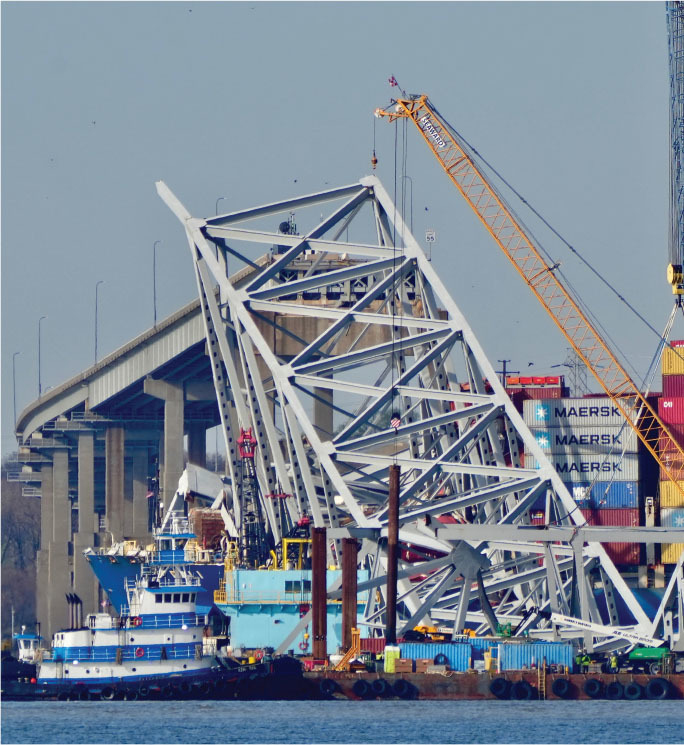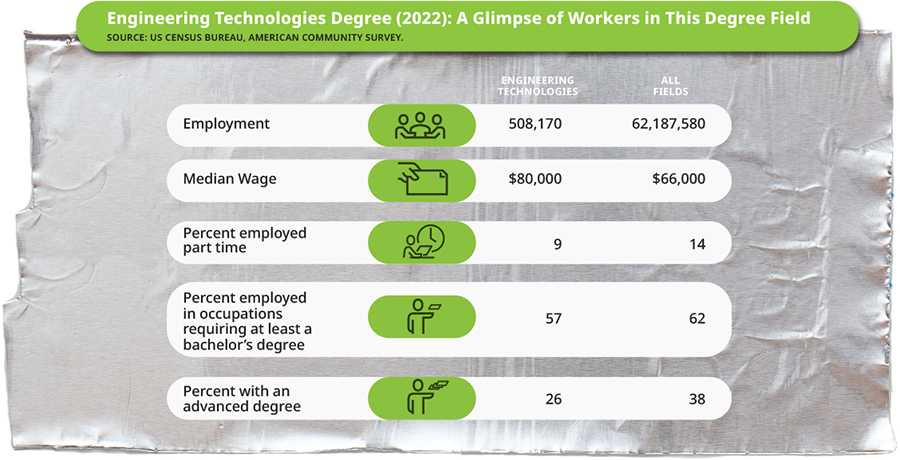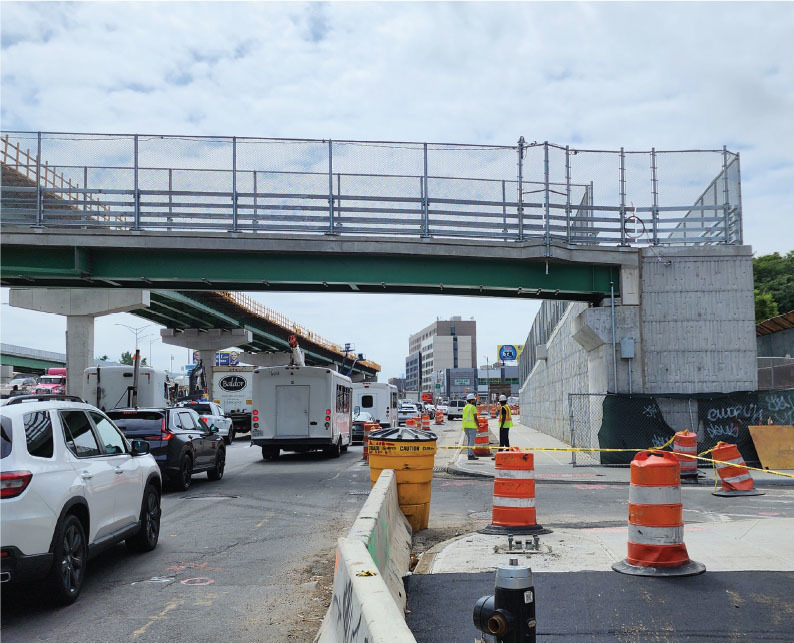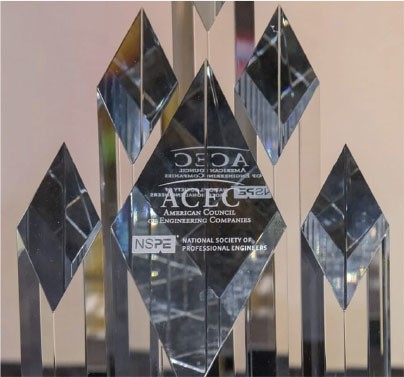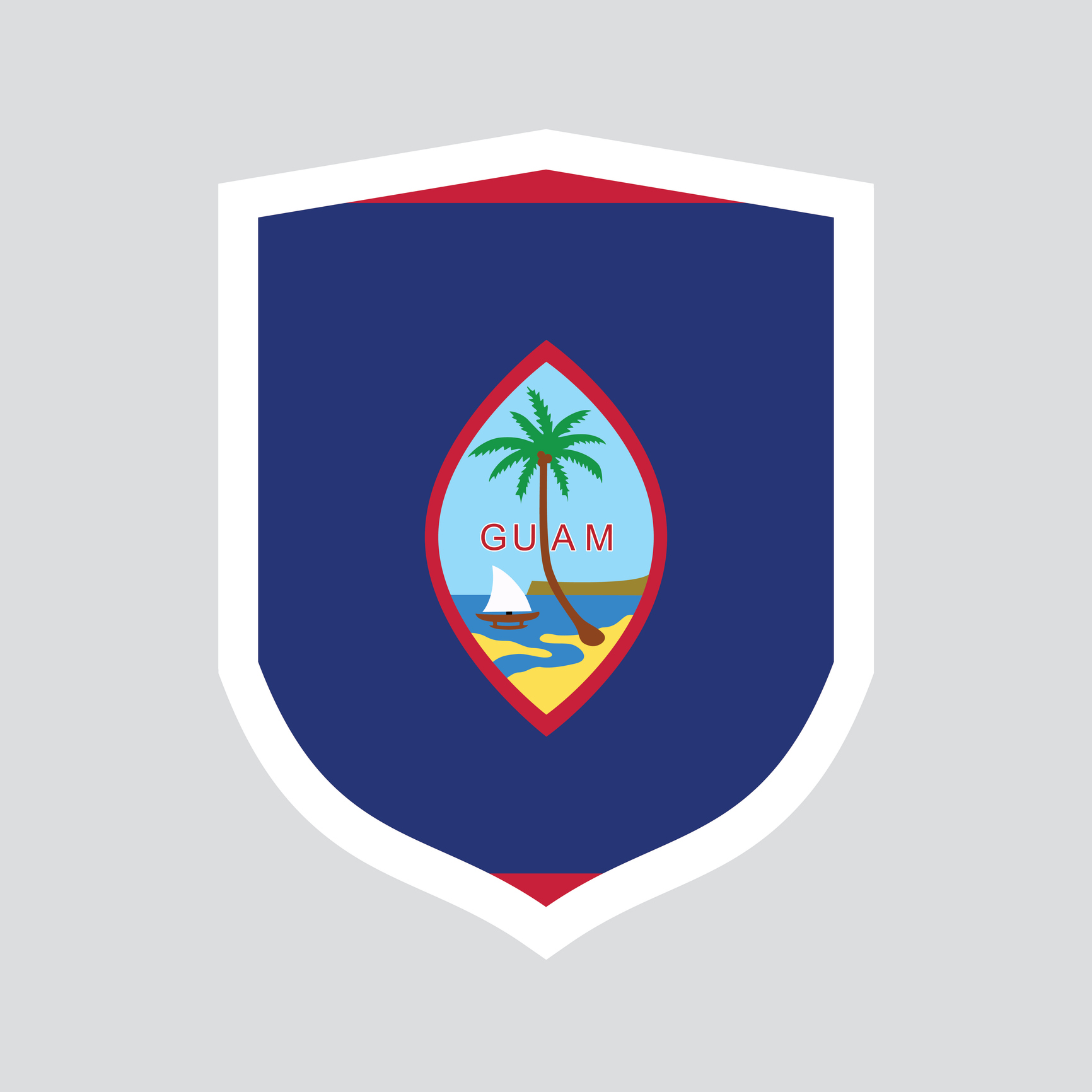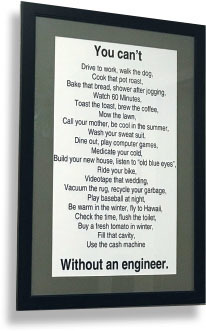March/April 2020
PE Report
Florida Lawmakers Consider PE Role In Amusement Ride Safety
 The Florida House of Representatives has added amusement ride safety to its agenda, including a potential PE role in the permitting process.
The Florida House of Representatives has added amusement ride safety to its agenda, including a potential PE role in the permitting process.
A bill (H.B. 1275) introduced in January would require permit applications for temporary amusement rides. To ensure a ride has been inspected and meets state requirements, a professional engineer or qualified person would have to submit an affidavit.
The legislation specifies that a “qualified inspector” must have the following qualifications:
- At least five years of experience in the amusement ride field with at least two years in actual amusement ride inspection with a manufacturer, government agency, park, carnival, or insurance underwriter;
- 32 hours per year of continuing education at a school approved by the Department of Agriculture and Consumer Services; and
At least 80 hours of formal education during the past five years from an approved school.
While NSPE is not in favor of the bill’s use of the vague “qualified person,” the Society believes that the bill is a good start for improving safety and potentially saving lives.
A visit to a carnival or state fair shouldn’t put anyone’s life at risk. Yet, recent fatalities and injuries caused by deteriorated or malfunctioning amusement rides have sounded the alarm—states need to seriously consider a PE role with ride safety inspections.
In 2017, the opening day of the Ohio State Fair turned tragic when a ride broke apart midoperation. Eighteen-year-old Marine recruit Tyler Jarrell lost his life and seven others were injured in the incident, blamed on excessive corrosion.
In November 2019, “Tyler’s Law” (H.B. 189) was signed into law following two years of advocacy by the Ohio Society of Professional Engineers. To improve safety, the law makes several changes, such as strengthening inspection standards and placing a professional engineer on the Ohio Advisory Council on Amusement Ride Safety.


 Volunteering at NSPE is a great opportunity to grow your professional network and connect with other leaders in the field.
Volunteering at NSPE is a great opportunity to grow your professional network and connect with other leaders in the field. The National Society of Professional Engineers (NSPE) encourages you to explore the resources to cast your vote on election day:
The National Society of Professional Engineers (NSPE) encourages you to explore the resources to cast your vote on election day: